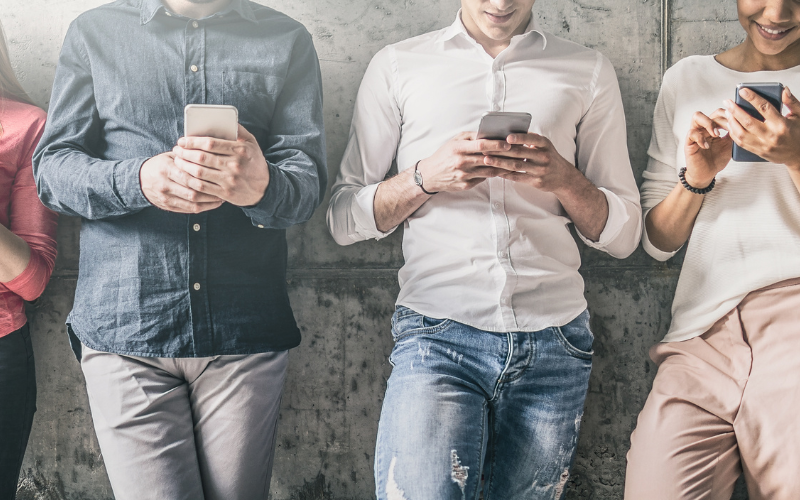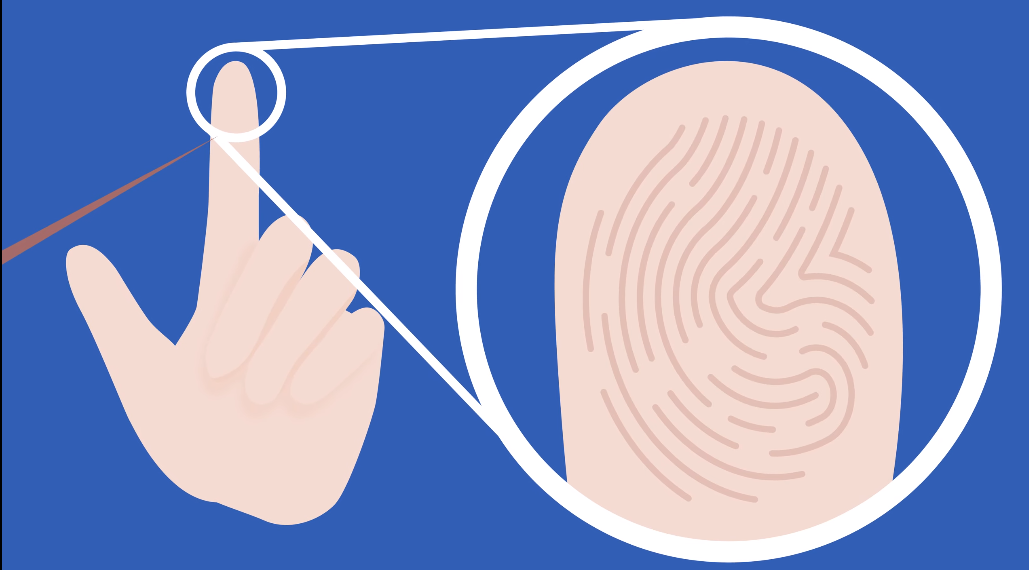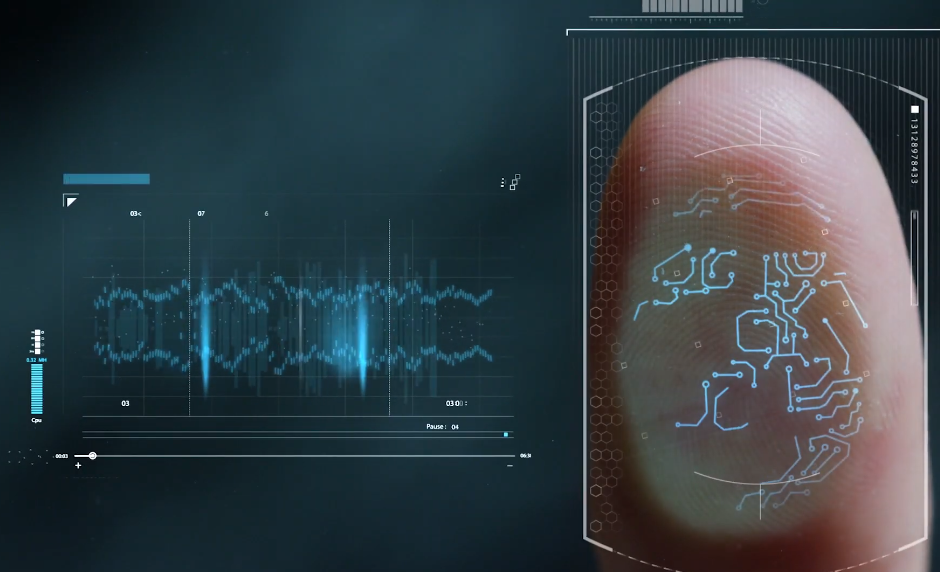Ubiquitous Presence of Cell Phones

Cell phones have become an integral part of our daily lives. They have revolutionized the way we communicate, access information, and stay connected with the world. With the advancement of technology, cell phones have become more than just a device to make calls or send messages. They now serve as mini-computers, cameras, music players, and gaming consoles. The convenience of having a cell phone is undeniable.
Types of Data Stored on Cell Phones

Cell phones have become an integral part of our daily lives. They allow us to stay connected with friends and family, access information on the go, and even work remotely. With advancements in technology, cell phones now offer a wide range of features such as high-quality cameras, voice assistants, and mobile payment options. However, it is important to use cell phones responsibly and maintain a healthy balance between screen time and other activities.
Encryption: Shielding Your Data
Encryption is a process of converting data into code that is unreadable by anyone who does not have the key to decode it. It is a crucial tool for protecting sensitive information from unauthorized access or theft. Encryption is used in various applications, including online banking, e-commerce, and email communication. There are two main types of encryption: symmetric and asymmetric. Symmetric encryption uses the same key to encrypt and decrypt the data, while asymmetric encryption uses a public key to encrypt the data.
Biometric Security: Beyond Passcodes

Biometric security is a method of authentication that uses physical or behavioural characteristics to identify individuals. This technology has become increasingly popular in recent years, as it provides a higher level of security than traditional passcodes or passwords. Biometric security can use a variety of characteristics, including fingerprints, facial recognition, iris scans, and voice recognition. These characteristics are unique to each individual, making it difficult for someone to impersonate another person.
Strengths And Vulnerabilities of Biometric Security

Biometric security has several strengths that make it an attractive option for many organizations. Firstly, biometric characteristics are unique to each individual, making it difficult for someone to impersonate another person. This makes it a highly secure method of authentication, as it is difficult for someone to gain access to a system or device without the correct biometric data. Another strength of biometric security is that it is convenient and user-friendly.
Examining the Security Features of Popular Mobile OSs
When it comes to mobile operating systems (OSs), both iOS and Android have implemented various security features to protect user data. iOS, for example, uses a combination of hardware and software security measures to protect user data, such as Touch ID and Face ID for biometric authentication, and encryption of user data both at rest and in transit. Android, on the other hand, has implemented features such as Google Play Protect, which scans apps for malware and other security threats.
App Permissions: Granting Access
When it comes to protecting user data, one important aspect to consider is app permissions. Both iOS and Android allow users to control what data and features an app can access by requesting permission before granting access. For example, an app may request access to a user’s camera, microphone, contacts, or location. Users can choose to grant or deny these permissions, depending on their comfort level and trust in the app.
It’s important for users to carefully review app permissions before granting access.
Cloud Storage: Safe or Susceptible?
Cloud storage can be both safe and susceptible depending on how it is used and managed. In general, cloud storage providers use advanced security measures to protect user data, including encryption, firewalls, and access controls. However, these measures may not be foolproof, and there is always a risk of data breaches or hacking. To ensure the safety of your data in the cloud, it’s important to choose a reputable and trustworthy cloud storage provider that has a strong track record of security.
Wireless Networks: Vulnerabilities Unveiled
Wireless networks have become an integral part of our daily lives, allowing us to stay connected and access information from anywhere. However, they also present several vulnerabilities that can be exploited by hackers and cybercriminals. One of the biggest vulnerabilities of wireless networks is their susceptibility to eavesdropping. Wireless signals can be intercepted and monitored by anyone with the right equipment and knowledge, allowing them to access sensitive information such as passwords, credit card numbers, and other personal data.
Risks Associated With Public Wi-Fi Networks
Public Wi-Fi networks are particularly risky because they are often unsecured and open to anyone. This means that anyone within range of the network can potentially access the data being transmitted over it. Hackers can use a variety of techniques to intercept and steal this data, including man-in-the-middle attacks, packet sniffing, and rogue access points. Another risk associated with public Wi-Fi networks is the potential for fake or malicious hotspots.
Malware: The Silent Invader
Malware, short for malicious software, is a type of software designed to harm or exploit any device it infects. Malware can include viruses, worms, trojan horses, ransomware, spyware, and adware. It can be spread through email attachments, infected websites, or even through public Wi-Fi networks. Once installed, malware can steal personal information, damage files, and even take control of a device. It is important to always use antivirus software and keep it up to date.
Antivirus Software And Other Preventive Measures
Antivirus software is a crucial tool in protecting devices from malware. It scans for and removes any malicious software that may be present on a device. It is important to keep antivirus software up to date to ensure that it can detect and remove the latest threats.
Social Engineering: Manipulating the User
Social engineering is a tactic used by cybercriminals to manipulate users into divulging sensitive information or performing actions that can compromise their security. This can include phishing emails, fake websites, and phone scams. To prevent falling victim to social engineering attacks, it is important to be cautious when receiving unsolicited messages or calls. Always verify the source of the message or call and never give out personal information unless you are certain it is legitimate.
Mobile Payment Security: Pay with Confidence
Mobile payment security is a crucial aspect of using your smartphone to make purchases. When making mobile payments, it is important to ensure that your personal and financial information is protected from unauthorized access. Here are some tips to help you pay with confidence:1. Use a trusted payment app: Only use payment apps from trusted sources such as your bank or a reputable company. Avoid downloading payment apps from unknown sources or third-party app stores.
2. Set up strong authentication: Use strong authentication methods such as fingerprint or password.
FAQs: Answering Common Queries
Can Encrypted Data Be Hacked?
While it is possible for encrypted data to be hacked, it is extremely difficult and requires a significant amount of time, effort, and resources. Encryption is a process of converting data into a code that can only be deciphered with the correct key or password. This makes it very challenging for hackers to access the information. However, it is still important to use strong passwords and keep them secure to further protect your encrypted data.
Are iPhones More Secure Than Android Phones?
Both iPhones and Android phones have their own security features and vulnerabilities. However, many experts believe that iPhones are generally more secure than Android phones due to Apple’s strict control over its hardware and software. Apple also regularly releases security updates for its devices to address any vulnerabilities that are discovered. That being said, it is still important for users to take necessary precautions such as using strong passwords and avoiding downloading apps from untrusted sources.
Should I Use Public Wi-Fi For Sensitive Transactions?
It is generally not recommended to use public Wi-Fi for sensitive transactions such as online banking or accessing personal information. Public Wi-Fi networks are often unsecured and can be easily hacked by cybercriminals, allowing them to steal your sensitive information. If you must use public Wi-Fi, it is important to use a virtual private network (VPN) to encrypt your data and protect your privacy.
Conclusion: Securing the Digital Lifeline
In conclusion, it is crucial to prioritize the security of our digital lifeline. This means being cautious when using public Wi-Fi networks, especially when conducting sensitive transactions. By taking simple precautions such as using a VPN, we can protect our personal information and prevent cybercriminals from accessing our data. It is important to stay informed and proactive in safeguarding our digital lives.
